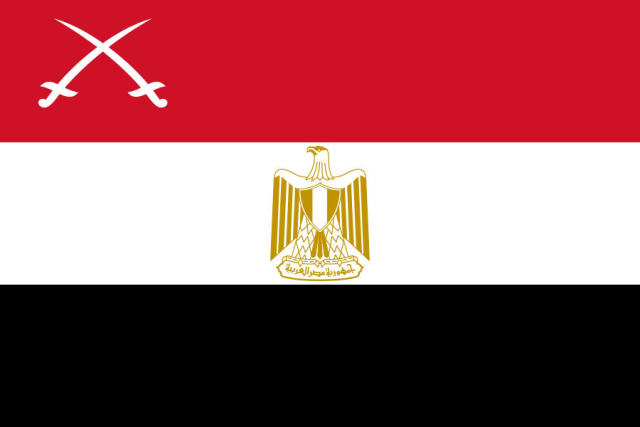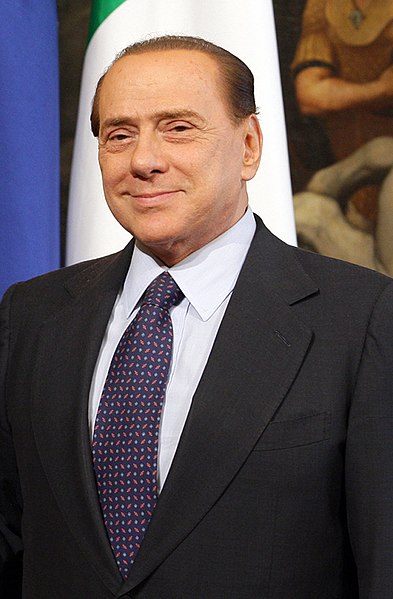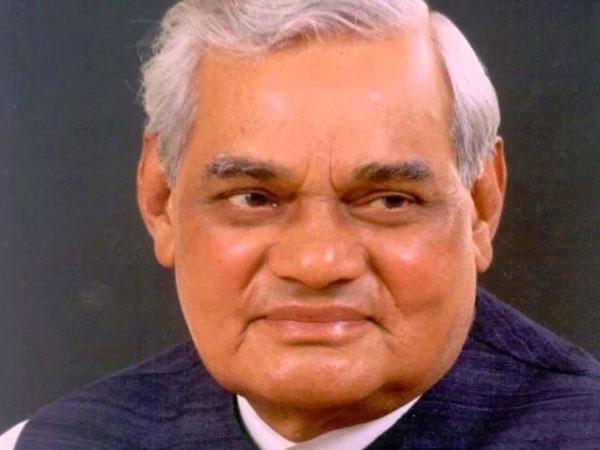OSS WORLD FACTBOOK
STATE OF EGYPT

Official Name: حالة مصر (State of Egypt)STATE OF EGYPT

Short Form: The Egyptian State, Egypt
Capital: Cairo
Alignment: Fascist, Egyptian Nationalist, Axis
Zaeim (Leader): Field Marshal Mohamed Hussein Tantawi Soliman
Government: Single party fascist state
History:
Claiming to be one of the oldest countries on the face of the Earth, the Egyptian State is a mix of nationalism and isolationism. After being ruled by the Mamluks, and later, the Ottoman Empire, Egypt was given full independence from the United Kingdom on February 28th, 1922, a date still celebrated in Egypt. However, the Egypt that was given independence was no more than a British puppet. Under the Alawiyya dynasty, Egypt gave an exorbitant amount of oil and minerals to the British Crown, as well as giving the British full control of the Suez Canal. This, matched with the Sultan's neglect of the Egyptian people led to many protests by the Egyptian and Sudanese people. The Sultan cracked down on the protests, utilizing the military and the police to gas the protesters. Eventually the protests turned into full scale riots. The riots lasted for three months, during which countless homes were looted. The Chief of Police deployed two non-lethal British Sentinels, to attempt to calm the crows. However, the presence of the Sentinels just drove the rioters into a more intense frenzy. After a few plucky Egyptian journalists revealed that the Sultan was planning to assassinate the Chief of the Army, the Sultan's situation went from bad to worse. Led by Gamal Abdel Nasser and Muhammad Naguib, the Egyptian Army split into two factions. The Free Officers Faction (FOF), which supported the abdication of the Sultan, and the Muhammad Ali Faction (MAF), which supported the Sultan. The Free Officers were supported by Germany, who supplied them with arms and training, while the MAF was supported by the United Kingdom. The arms and the training from the Germans gave the FOF a tactical edge over the MAF, who received minimal support from the British. On March 25th, 1951, the people of Egypt and the Free Officer Faction stormed the Royal Palace, and imprisoned the Royal Family and the Sultan. A tribunal comprised of various civilian and military leaders sentenced Sultan Farouk of Egypt to life imprisonment for "treason against the people of Egypt", and the Royal Family was exiled for life. On June 12th, 1951, the Sultanate of Egypt fell.
Following the fall of the Sultan, Egypt was in a power vacuum. Three political parties rose to prominence after the fall of the Sultan. The Free Officer Party (FOP), which was a political front for Nasser and the Army, the Egyptian Freedom Party (EFP), a fascist party led by Hussein el-Shafei, and the Republican Egypt Party (REP), which was led by notable Arab Socialist Mustafa Mahmoud. In July, 1951, the Republican Egypt Party called for a constitution, and so thus began the Constitutional Convention of 1951. Delegates from Sudan, Southern Egypt, and Northern Egypt convened in Cairo to draft a constitution. After three months of debating, amending, and rewriting, the Constitution was finally ratified by 85% of the delegates. The Constitution established Egypt as a secular federal republic with a President. A week after Nasser announced his bid for the Presidency, he was assassinated by the REP, effectively cutting the FOP's most capable candidate out of the race. Running for the EFP was Hussein el-Shafei, and Mustafa Mahmoud, the Chairman of the REP. After four months of campaigning, the victor was declared. Mustafa Mahmoud won a landslide 78% of the vote, with el-Shafei winning 10%, and Naguib with 12%. Mustafa Mahmoud was sworn in as the President of Egypt on December 11th. As his first act as president, Mahmoud annulled the Anglo-Egyptian Treaty of 1936 and declared the Suez Canal 'rightful Egyptian land'. After a year-long standoff, the Egyptian government agreed to the Cairo Deal. The Cairo Deal would promise gradual withdrawal from Sudan, in exchange for a large extension on British ownership of the Suez. With an independent Sudan, the first major military of Egypt took place. In April, 1953, Egypt declared war on the Sudanese Republic. The Republican Army, led by General Muhammad Naguib of FOF fame, launched an invasion against the Sudanese. The ill-equipped Sudanese stood no chance against the more modern Egyptian army. In 7 months, Egypt had total control of Sudan. The President became the Muhafiz or Governor of Sudan, with the region of South Sudan gaining a small amount of autonomy, whilst Sudan itself became something akin to a US State. However, for all his territorial gains and diplomatic achievements, elements of the military and the people still viewed President Mahmoud as a British plaything. El-Shafei began speaking out against the president, and gaining the support of the people. He brought a new idea to the the table of Egyptian politics, something called Egyptian Nationalism. Egyptian nationalism is the theory that modern Egypt is the '4th Egyptian Kingdom', after the Old, Middle, and New Kingdoms of ancient Egypt. It places special emphasis on the Egyptian people and their cultural heritage, promoting Egyptian dialects of Arabic above Modern Standard Arabic. This rallying point of Egyptian Nationalism led to the rise of the Egyptian Nationalist Movement (ENM), led by el-Shafei and his subordinates. The ENM was hugely popular with the military and conservative Egyptians, giving el-Shafei a vast influence over Egyptian politics. It was only a matter of time before a coup.
During what later came to be called the "Bloodless Revolution of '55", el-Shafei and the Republican Guard stormed the presidential palace in Cairo, and imprisoned the hugely unpopular Mustafa Mahmoud. El-Shafei declared the "British Republic of Egypt" to be over, ending Egypt's experiment with democracy. El-Shafei declared himself the Zaeim of Egypt, and the Egyptian State to be the legal successor to the Republic of Egypt. [See Britain entry for information on the Suez Canal Crisis] El-Shafei replaced the government ministers, promoting capable ENM officers based on their merit. He then dissolved the Egyptian Chamber of Deputies, calling it "corrupt" and "British". This dissolution of Egypt's legislature turned Egypt into a single man state. El-Shafei had absolute power and ruled with a firm fist. However, despite the fact that he was a dictator, el-Shafei made many improvements to Egypt's infrastructure. He constructed a highway from the Sudanese city of Khartoum to Cairo, connecting the two regions, and built many schools, that taught government approved material, in Egypt's poorer regions. Under Zaeim Shafei, Egypt prospered. The people of Egypt seemed proud to be Egyptian, and the HDI of Egypt rose significantly. However, Shafei tragically died in a car crash, doing what he loved most, driving down the Khartoum-Cairo highway at high speeds. Egypt was in need of a successor to el-Shafei, the "Savior of Egypt". A new Zaeim was found in Mohammed Hussein Tantawi. Tantawi was a young Army officer who led many successful raids into the Sinai, and a rising star in the ENM hierarchy. All of the high-ranking ENM officials got together, and debating for months on who the next Zaeim should be. Eventually, Tantawi, only 20 years old at the time, was chosen as Zaeim. Initially, Tantawi was nothing more than a puppet for the ENM, although by the time he was 35, Tantawi had absolute control over Egypt and the ENM. A powerful dictator, Tantawi focused on a buildup of the Egyptian Navy and Air Force. He copied el-Shafei and promoted officers on their merit, giving the Egyptian Navy and Air Force a competent officer class. However, a financial crisis struck Egypt, and it's rapid era of economic and cultural growth ended. Tantawi, who knew nothing about economics hired German and Indian economists to try to fix his economy. The Indo-German economists improved the economy by a slim margin, however Egypt still has the economic power of a developing country. Now, in 1997, Zaeim Tantawi rules over a slowly developing Egypt, and a minor fascist power. Will Tantawi try to reclaim the Sinai, or is his eye set on the empires of Central Africa and Ethiopia?
Last edited:





